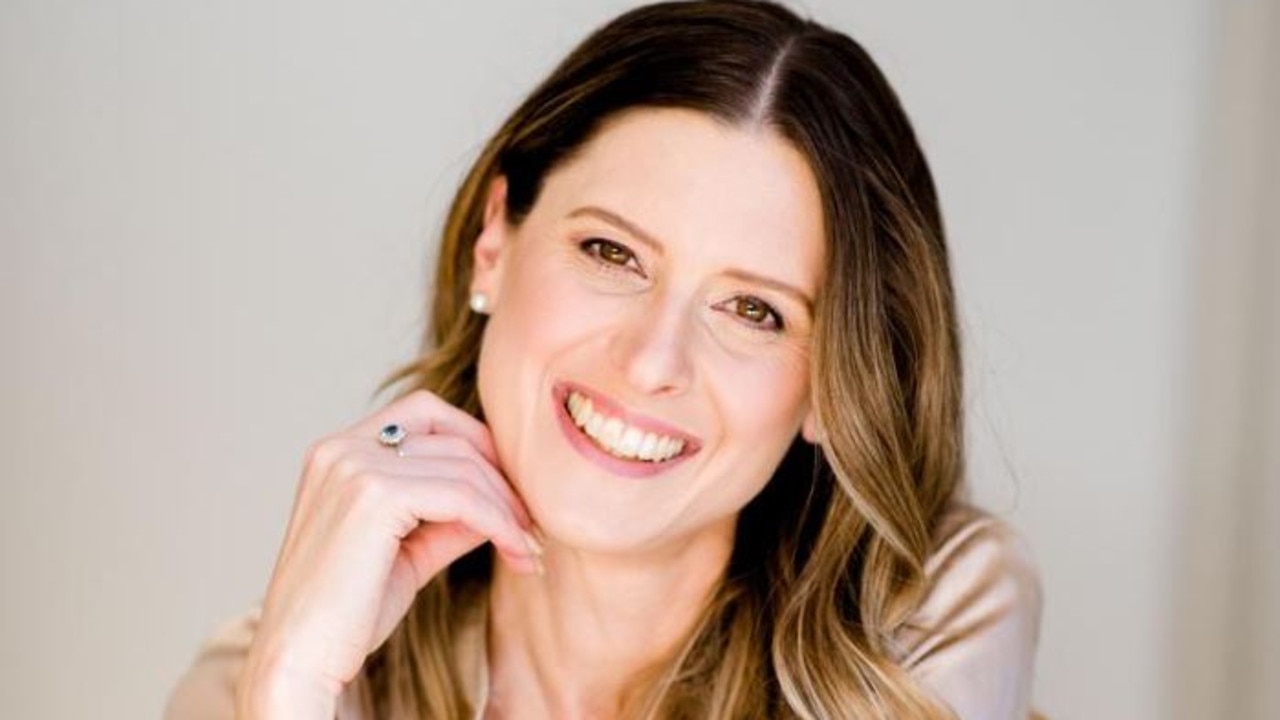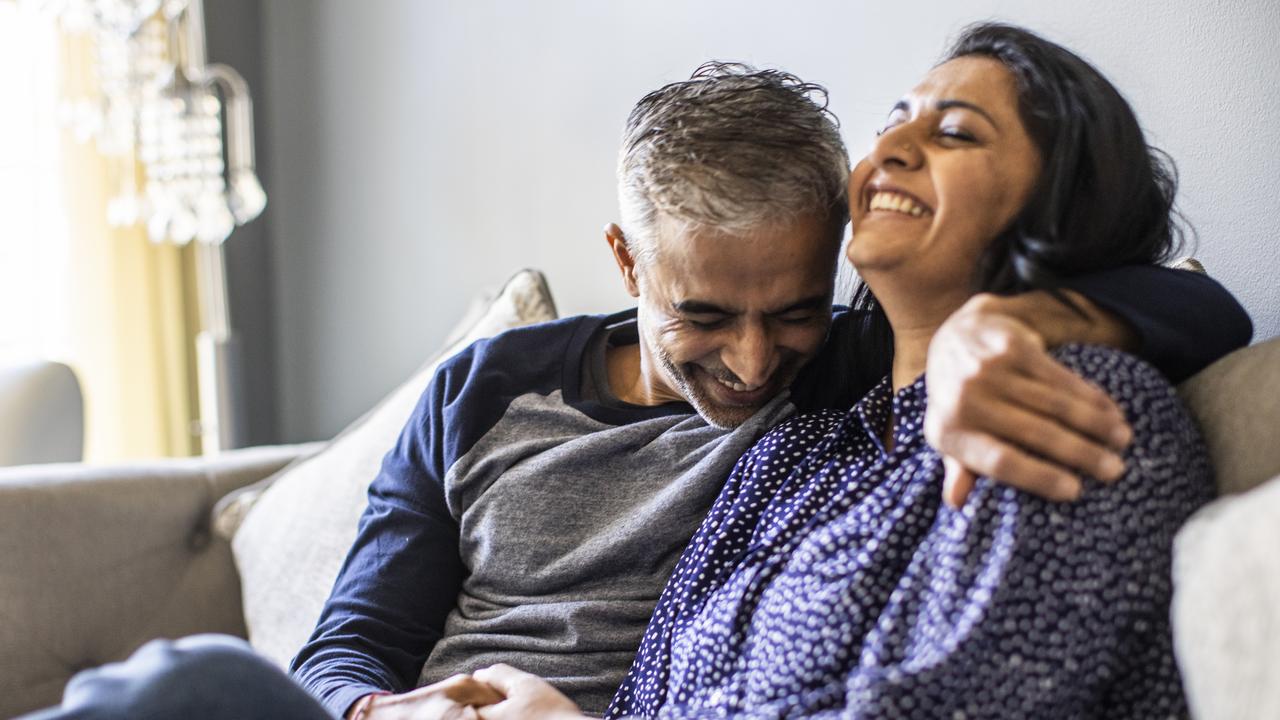‘I want to be with my husband all the time but he calls me needy’
A wife wants to know how she can make herself “more appealing” in order to entice her absent husband.
Welcome to Relationship Rehab, news.com.au’s weekly column solving all your romantic problems, no holds barred.
This week, our resident sexologist Isiah McKimmie hears from a reader who wants to know how much time couples should spend in each other’s company.
QUESTION: How much time should couples spend together? I’ve been married for three years and would still spend all day every day with my husband if I could – lockdown was great because we were together all the time! But since lockdown eased, I’ve noticed we’re spending a lot less quality time together. He’s out at work and then often meets friends or goes to the gym after work. When I ask him to stay in, he calls me controlling and needy. How do I make myself more appealing so he wants to stay in with me rather than go out?
ANSWER: There are two important issues in your question. One is about time that couples should spend together and the other is how you navigate (together) the need for both independence and connection in a relationship.

What’s the right balance of connection and independence in a relationship?
There’s no agreed on, perfect balance of closeness and independence in a relationship. For each couple, this balance will be slightly different, and may change throughout your lives. You need to learn to understand each other’s needs and navigate this together.
We all have different needs for connection and independence, which is largely based on our ‘attachment style’.

How much connection we want depends on our attachment style
If someone has an avoidant attachment style, they’ll have a higher need for independence. In fact, they tend to pride themselves on being independent and self-sufficient. They’ll also tend to feel controlled and uncomfortable when their partner wants more closeness. I suspect your husband has an avoidant attachment style.
People who have an anxious attachment style think about their relationships a lot and crave a lot of closeness and reassurance in a relationship. People who have an anxious attachment style will often worry that their partner doesn’t love them as much as they love their partner. They are particularly sensitive to their partner being upset and often worry that they’ve done something wrong in a relationship. It sounds like you have an anxious attachment style.
When you have a combination of someone who is ‘anxious’ and someone who is ‘avoidant’ in a relationship, there’s often high conflict and the relationship can feel like it’s always ‘push-pull’.

The anxious-avoidant ‘pattern’ in relationships
Your partner feels uncomfortable with too much closeness and you feel uncomfortable with too much distance. The more you chase him to get closeness, the more uncomfortable he feels and the more he tries to create distance. The more he tries to create distance, the more anxious you feel and the more you try to create closeness.
How to deal with an anxious-avoidant combination in a relationship
A relationship with one anxious partner and one avoidant partner can still work – many relationships have this combination of attachment style. But you’ll need to work to understand each other’s different needs and find a balance that works for both of you.
It’s helpful to view attachment styles as coping strategies we learn growing up.
People with avoidant attachment style learn in childhood that they can’t depend on the people around them to meet their emotion (and at times material) needs. The safest way for them to go through life if by telling themselves they don’t need anyone else. Consequently, they need time and space to themselves regularly.
People with an anxious attachment style, usually learned that the world is an unsafe place and the way to cope with it is to be very close to people and do everything you can to keep them happy. They need reassurance and connection to feel safe and secure in a relationship.
Communicating about your differences, being understanding of each other and making sure you both have time together and apart can help. A couples therapist who understands attachment style can help you do this if you’re struggling to do it alone.

Reach understanding before taking action
Before you decide on what actions to take that meet both your needs, you have to start with understanding. Without understanding, the actions you take will be hollow and you’ll still be in conflict.
Once you’ve been able to communicate about this issue, consider finding some ways that you can connect each day and try going on a regular date night together.
Isiah McKimmie is a couples therapist, sexologist, sex therapist and lecturer. To book a session with her, visit her website or follow her on Instagram for more advice on relationships, sex and intimacy.






